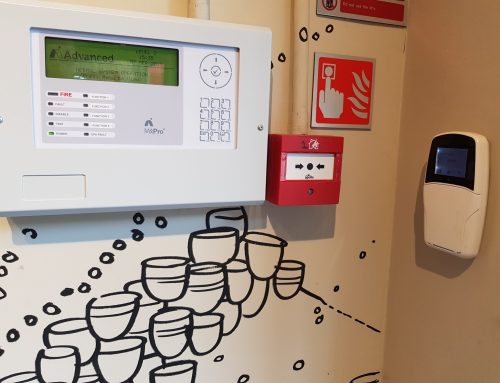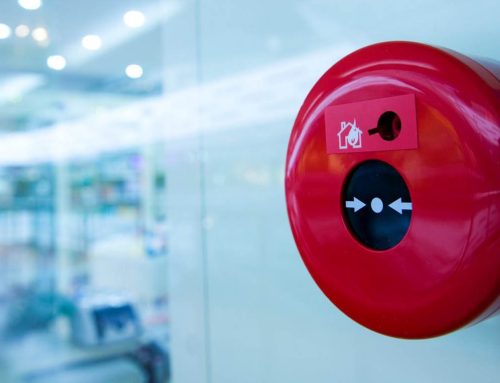On Wednesday 29 June, the FIA held an exclusive seminar at Informa’s (the company behind IFSEC and FIREX International) Blackfriars HQ. Entitled FIA Seminar: Fire Safety in Schools, attendees heard from various speakers across the sector, as they discussed the methods in which schools can be protected in the best way possible, and also to deter false representation of fire incidents.
Ian Moore, CEO of the FIA, has noted recent changes in fire safety due to the Grenfell fire, where 72 people died. He noted that nearly 60% of school fires are started deliberately, and stressed the importance of fire alarms in schools being effective in deterring pupils from causing false alarms.
One in 20 schools experiences fires, and of those, nearly 60% are started deliberately, according to the FIA. They therefore emphasized the importance of fire alarms in schools, to deter students from pulling false alarms as a prank. Moore noted that additional equipment, such as a loud cover over the alarm, can deter such behavior.
Building Bulletin 100 (BB100) – a guide to assist nurseries, primary and secondary schools design their buildings with fire safety in consideration – was also discussed. Recent insurance inspections of over 1000 schools discovered that two thirds were rated as ‘poor’ for fire protection measures.
Pete Davies from Fireco spoke about the use of wireless technology to keep fire doors open, and release them when a fire is detected. Upon inspection, he found that “64% of buildings had fire doors wedged open” during normal daily use, instead of being closed. This, he said, is due to “poor understanding” of how to use fire doors.
Other potential applications for releasing fire doors during a fire alarm situation were also discussed – doors that close automatically once hearing the fire alarm sound – or radio frequency which waits for a fire signal to be transmitted to its receivers in the event of a fire.
Neil Eves from Hochiki discussed the value of educating building occupants and school professionals on fire safety precautions and procedures. He emphasized that users should take into account the proper installation of alarms, as well as professional maintenance of the fire system being used in their schools.
The afternoon session commenced with Darren Saunders from Nittan emphasizing that false alarms are a significant issue for schools and that they can be costly. Darren explained how false alarms can be reduced using multi sensors and dual optic technology.
Ian Watts from Llumarlite followed, presenting on ‘Emergency Lighting’ and emphasizing the need for the correct documentation.
The seminar event concluded with a presentation on the ‘Failure of Lithium-Ion Batteries in Small E-Vehicles.’






